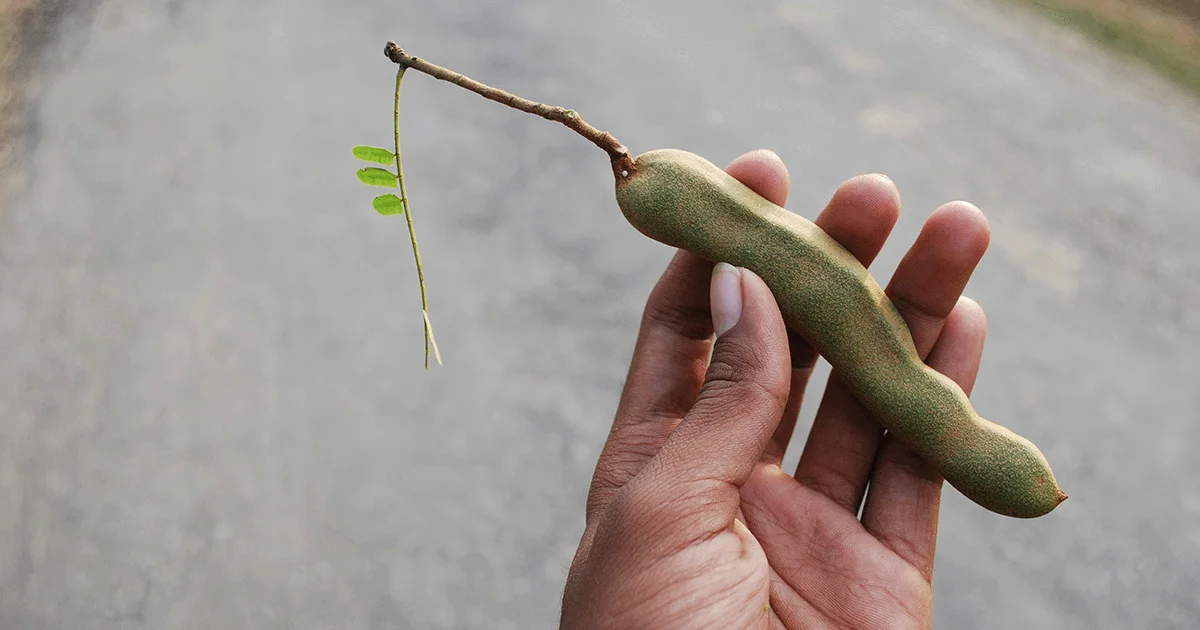Here's what we'll cover
Here's what we'll cover
Here's what we'll cover
Sexual activity is a normal and healthy part of life. But if you start to experience physical discomfort with sex, it can feel embarrassing to talk to your healthcare provider about your sex life.
However, this silence can lead to your pain going untreated, which can affect your relationships and your quality of life. Fortunately, many conditions that can make you sore after sex are treatable (Sorensen, 2018).
Here’s what you should know about feeling sore after sex: what’s normal, what causes it, and how to treat it.
Is it normal to be sore after sex?
To some extent, yes. It’s normal to occasionally feel a minor amount of soreness after sex, especially if:
It’s your first time having sex.
You tried a new sex position or act.
Sex was longer or more vigorous than usual.
If what you’re feeling is worse than just minor soreness, or you feel sore every time you have sex, this is not considered normal. You should see a healthcare provider to diagnose the cause of painful sex.
While feeling pain or discomfort after sex is more common in women (affecting 10–28% of women between puberty and menopause worldwide), it can affect people of any gender identity (Sorensen, 2018).
What causes soreness after sex?
Many conditions can cause you to feel sore after sexual intercourse. Here are some of the most common reasons.
Not enough lubrication
Sex causes friction. Without the right amount of lubrication, you can experience irritation, redness, and discomfort. The vagina naturally lubricates itself when aroused, but it might not always be enough. If you’re having anal sex or using a sex toy, you’ll need to provide additional lubrication to avoid irritation, but many people benefit from using lube even with vaginal sex.
Prolonged or vigorous sex
If your sex session got a little rougher than usual or went on for a more extended period, you might feel a little sore the next day. This should subside within a day or so, and isn’t a cause for concern.
Your body also may not be able to maintain its natural lubrication over a longer session. This can result in the same problems with the lack of lubrication mentioned above.
Infections
Yeast infections, urinary tract infections (UTIs), and sexually transmitted illnesses (STIs) can all cause you to feel sore “down there.” STIs are surprisingly common, although many people may be too embarrassed to talk about them. Some of the most common STIs that can cause sexual discomfort include (Garcia, 2021):
If you suspect an infection might be causing your symptoms, you will need to see a healthcare provider. The good news is that all types of infections can be treated. Yeast infections, UTIs, and many STIs can even be cured with medications (Garcia, 2021).
Menopause
Menopause happens when a woman’s menstrual cycle stops. It’s not a single event but a slow transition. Many women experience symptoms for months or even years related to fluctuating hormone levels before officially entering menopause. Some of these menopause symptoms could result in you feeling sore after sex, including (Koothirezhi, 2021):
Thinning skin of the vagina and vulva
Shortening of the vagina
Vaginal dryness
Dyspareunia
Dyspareunia is the medical term for genital pain before, during, or after sexual intercourse. It’s more common in women and can have several physical or mental causes. You should see a healthcare provider if you have recurring pelvic pain associated with sex. Most causes of dyspareunia are treatable and can include (Tayyeb, 2021):
Ovarian cysts
Fibroids
Tight pelvic floor muscles
Pelvic inflammatory disease (PID)
Allergies/sensitivities
Feeling sore after sex could be related to the products you’re using in the bedroom. You could be sensitive to ingredients used in items such as lube or condoms. The medical name for this is contact dermatitis, and it can leave you with red and itchy skin. Allergies and sensitivities would be prime suspects if your soreness started shortly after using a new product (Nguyen, 2021).
Balanitis
Balanitis is an inflammation of the head of the penis that’s pretty common, especially in uncircumcised males. Men with balanitis often report penis pain and redness. It can be caused by a yeast infection, STI, poor hygiene, or allergies. Treatment depends on the underlying cause (Wray, 2021).
Proctitis
Anusitis and proctitis are inflammation of the anus and rectum. The most common causes are poor diet, STIs, or the use of laxatives. It’s also more common in people who have receptive anal intercourse. Treatment depends on what is causing the inflammation and could include antibiotics, diet changes, or creams (Meseeha, 2021).
Can you prevent soreness after sex?
There are several ways to prevent becoming sore after sex. The right method for you depends on what was causing the painful intercourse to begin with. If you think you have an infection or a medical condition, treating the underlying cause may help, so be sure to speak with your healthcare provider.
Make sure you’re using enough lubrication. Try a different brand if you think one might be irritating your skin. Water-based lubricants tend to be less irritating for the skin and won’t damage latex condoms.
Communication with your partner is also vital. You may experience less soreness the next day if you tell your partner when you need:
More foreplay
To take breaks or go slower
To try a different position for better comfort
If your soreness results from menopause, low-dose estrogen therapy has been shown to help the thickness of the vaginal skin, moisture levels, and vaginal flora (Koothirezhi, 2021).
How do you treat soreness after sex?
If you’re already feeling sore after intercourse, there are many ways to treat it. Most episodes of discomfort will get better on their own in a day or so. If you have an underlying medical condition or infection, you’ll most likely need to have that treated before you start to feel better.
You can help speed up the process using over-the-counter anti-inflammatory medicines, an ice pack, or an Epsom salt bath.
If your soreness results from dyspareunia, several treatments have been shown to help. These include (Sorensen, 2018):
Topical anesthetics
Prescription-strength anti-inflammatory medications
Botox or tricyclic antidepressants to prevent pain
When to see a healthcare provider
Most cases of feeling sore after sex resolve on their own. For others, you can make simple changes, such as using more lubrication, having shorter sessions, or changing positions.
If you experience any of the following symptoms after sex, you should see a healthcare provider (Garcia, 2021):
Persistent pain
Rash or itching
Pain when urinating
Unusual discharge from the vagina or any discharge from the penis
Bleeding not from a menstrual period
Pain in the testicles
Pain after defecation
Swollen lymph nodes
These are not considered typical symptoms to experience after sex and could be a sign of other health issues. You should seek a healthcare provider who can diagnose and treat these symptoms. Depending on the cause, they may also refer you to a gynecologist (OB-GYN), urologist, or sex therapist.
DISCLAIMER
If you have any medical questions or concerns, please talk to your healthcare provider. The articles on Health Guide are underpinned by peer-reviewed research and information drawn from medical societies and governmental agencies. However, they are not a substitute for professional medical advice, diagnosis, or treatment.
References
Garcia, M. R. & Wray, A. A. (2021). Sexually transmitted infections. [Updated Jul 15, 2021]. In: StatPearls [Internet]. Retrieved on Jan. 24, 2022 from https://www.ncbi.nlm.nih.gov/books/NBK560808/
Koothirezhi, R. & Ranganathan, S. (2021). Postmenopausal syndrome. [Updated Aug 20, 2021]. In: StatPearls [Internet]. Retrieved on Jan. 24, 2022 from https://www.ncbi.nlm.nih.gov/books/NBK560840/
Meseeha, M. & Attia, M. (2021). Proctitis and anusitis. [Updated Aug 11, 2021]. In: StatPearls [Internet]. Retrieved on Jan. 24, 2022 from https://www.ncbi.nlm.nih.gov/books/NBK430892/
Nguyen, K. & Kohli, A. (2021). Latex allergy. [Updated Jul 13, 2021]. In: StatPearls [Internet]. Retrieved on Jan. 24, 2022 from https://www.ncbi.nlm.nih.gov/books/NBK545164/
Sorensen, J., Bautista, K. E., Lamvu, G., & Feranec, J. (2018). Evaluation and treatment of female sexual pain: A clinical review. Cureus, 10 (3): e2379. Retrieved from https://www.cureus.com/articles/10867-evaluation-and-treatment-of-female-sexual-pain-a-clinical-review
Tayyeb, M. & Gupta, V. (2021). Dyspareunia. [Updated Nov 20, 2021]. In: StatPearls [Internet]. Retrieved on Jan. 24, 2022 from https://www.ncbi.nlm.nih.gov/books/NBK562159/
Wray, A. A., Velasquez, J., & Khetarpal, S. (2021). Balanitis. [Updated Aug 9, 2021]. In: StatPearls [Internet]. Retrieved on Jan. 24, 2022 from https://www.ncbi.nlm.nih.gov/books/NBK537143/












